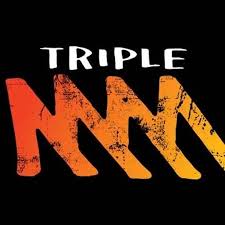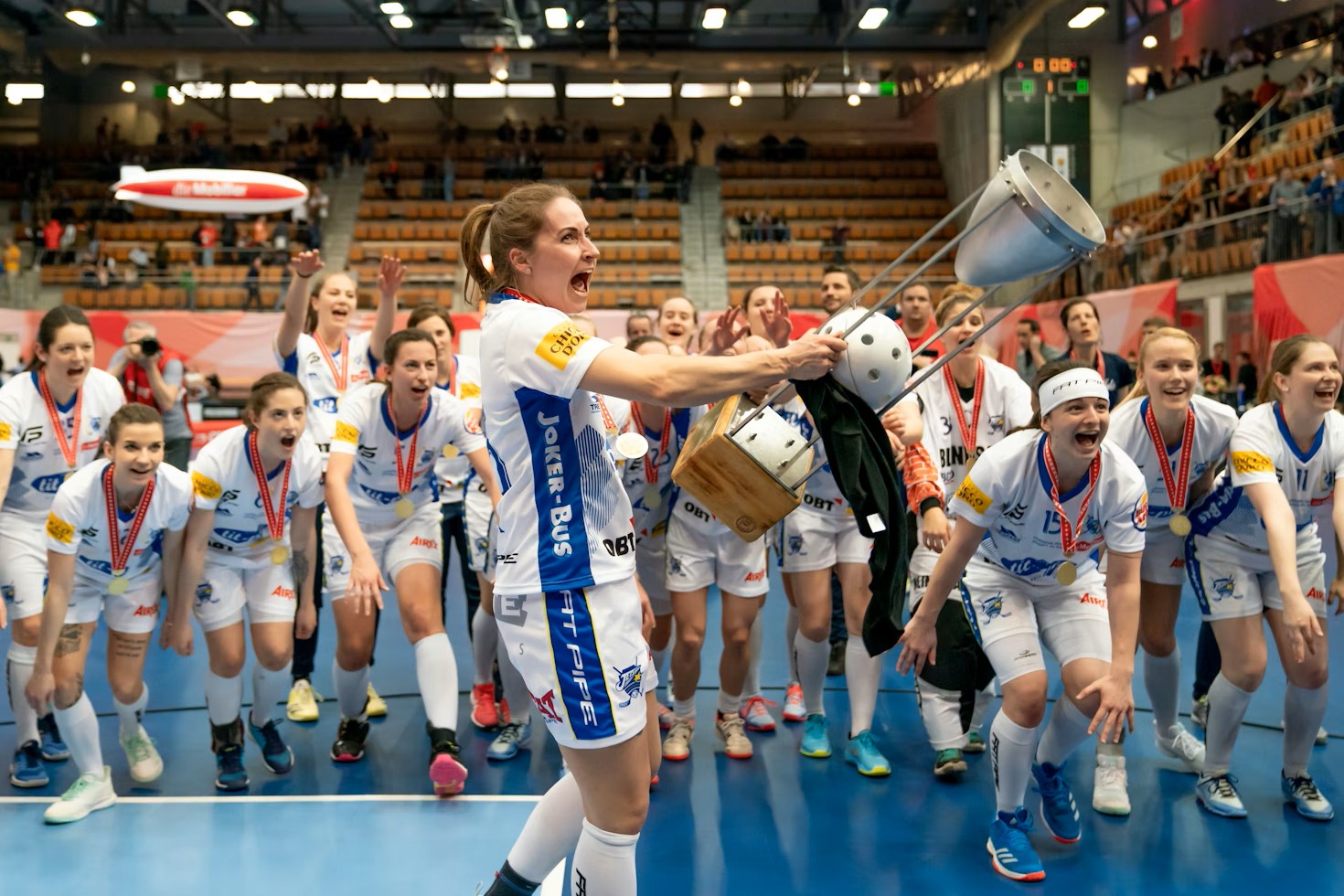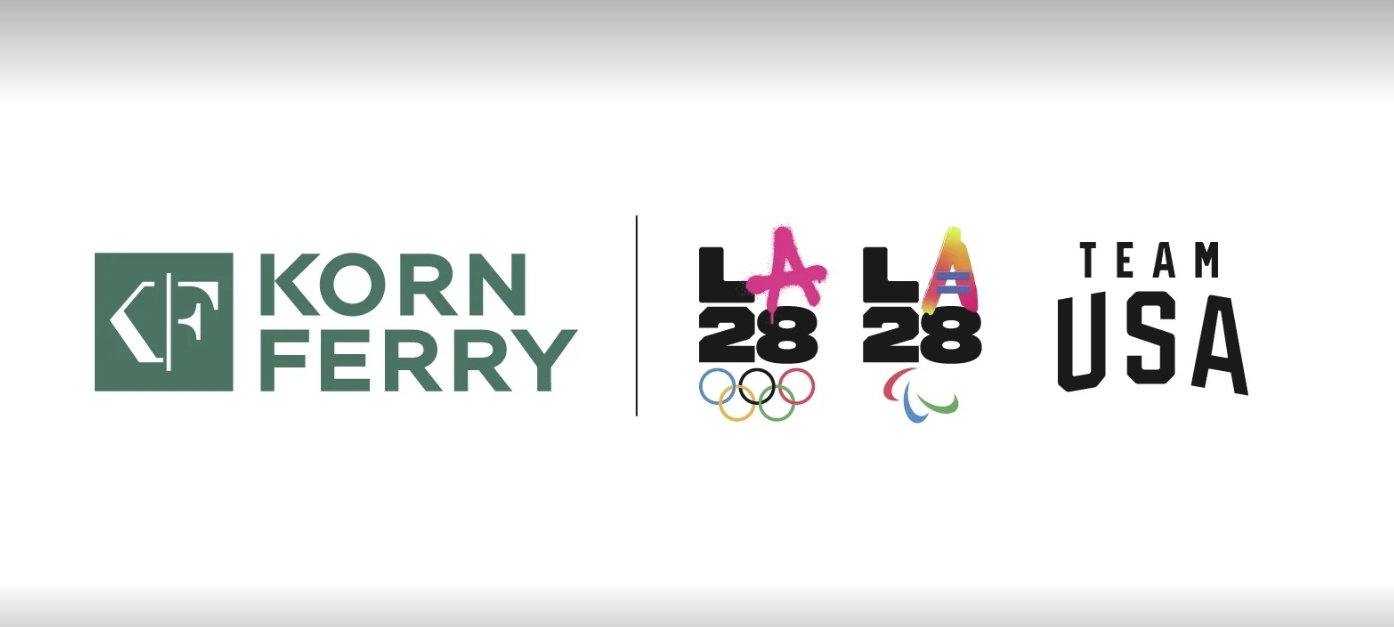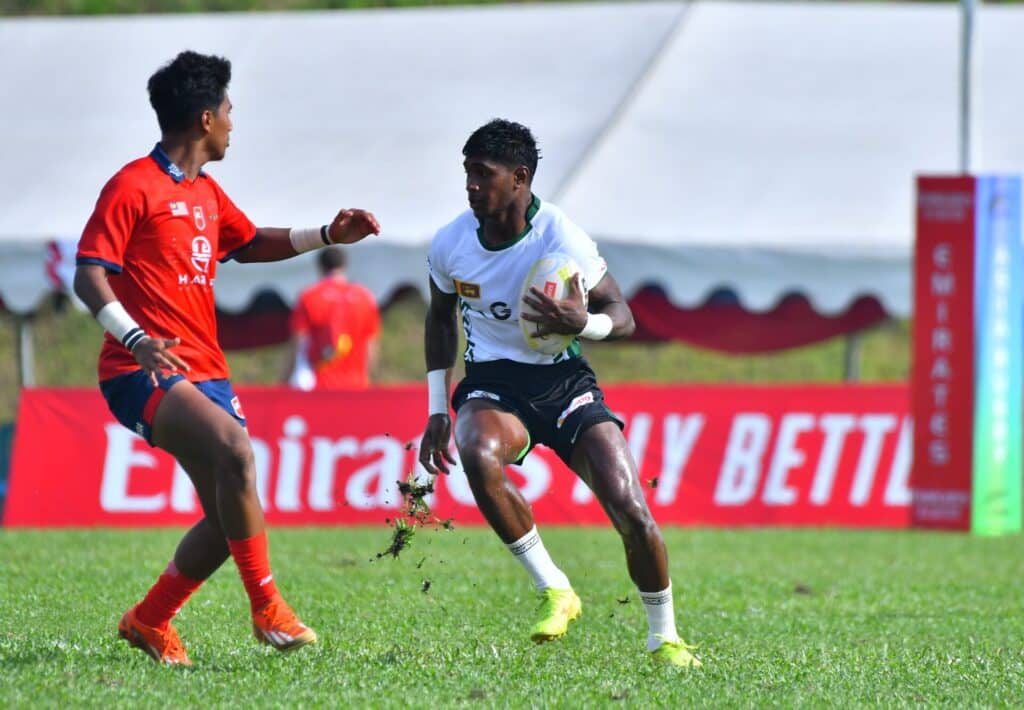Marty Sheargold’s Apology Highlights Radio’s History of Controversial Comments in Australian Sport

Triple M has found itself at the centre of controversy once again. Radio host Marty Sheargold issued an apology after making comments about the Matildas that sparked outrage across the sporting community. The backlash was swift, with Olympic greats Libby Trickett and Rosie Malone condemning the remarks.
Sheargold, who returned to the airwaves last year after stepping away from his Melbourne breakfast show, acknowledged that his attempt at humour had “missed the mark” and apologised for any offence caused. Triple M also released a statement distancing itself from the comments, reaffirming its support for both men’s and women’s sports.
However, this is not the first time Triple M has had to respond to an on-air controversy involving high-profile figures in Australian sport.
Echoes of the Past: The Eddie McGuire Controversy
The situation draws parallels to Eddie McGuire’s infamous 2013 comments about Adam Goodes. At the time, McGuire suggested on-air that Goodes be used to promote the King Kong musical, just days after condemning a racial slur directed at the AFL star by a Collingwood supporter. McGuire quickly apologised, but his remarks were widely criticised, with many questioning how such comments could be made on a national radio platform.
Much like Sheargold’s case, the incident ignited a broader conversation about the role of sports media in shaping public perception and discourse around diversity and respect in sport. McGuire’s apology was followed by a call for greater education on racial vilification, yet the controversy remained a stain on his long career.
Patterns in Sports Media
Both incidents highlight a recurring issue in Australian sports media—how on-air personalities navigate discussions around athletes, diversity, and respect. While sports radio thrives on strong opinions and humour, there is a fine line between commentary and content that alienates or offends.
Triple M’s quick response to Sheargold’s comments suggests a greater awareness of the impact these moments can have, particularly in an era where athletes and fans demand more accountability from broadcasters.
Where Does Australian Sports Media Go From Here?
The backlash against Sheargold and the Matildas comments reinforces that the public will not accept outdated narratives around women’s sport. Just as McGuire’s comments in 2013 underscored the need for racial awareness in AFL circles, this latest controversy highlights the ongoing battle for respect and recognition in women’s sport.
With female athletes achieving record-breaking crowds, sponsorships, and TV audiences, the conversation has moved beyond whether women’s sport is commercially viable—it is now about how media figures reflect and support this growth rather than undermine it.
Triple M’s response to Sheargold’s comments suggests that the landscape is shifting, but the question remains—how much have Australia’s sports media figures truly learned in the decade since McGuire’s controversy?
Similar Stories

WNBPA and WNBA Agree to Free Agency Moratorium Amid CBA Impasse
The WNBA and the Women’s National Basketball Players Association (WNBPA) have reached an...

QSport and Griffith University Forge Two-Year Partnership to Advance Women in Sport
QSport has announced a landmark two-year partnership with Griffith University, extending through June...

AFC Women’s Asian Cup 2026 Launches Multicultural Community Champions Program
The Local Organising Committee (LOC) for the AFC Women’s Asian Cup Australia 2026™...
It's free to join the team!
Join the most engaged community in the Sports Business World.
Get all the latest news, insights, data, education and event updates.






